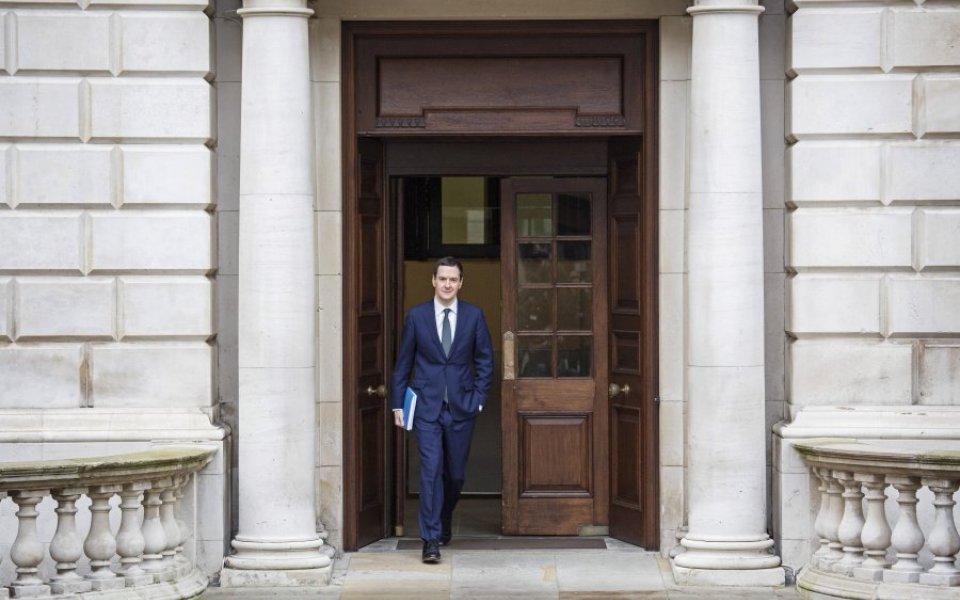Autumn Statement 2015: When it comes to tax credits, it’s heartening to see George Osborne perform a u-turn, even at the cost of looking weak

In the run-up to the Autumn Statement and Spending Review, the biggest question was what George Osborne was going to do about tax credits. He couldn't u-turn fully, because there was nowhere else to find his £12bn of welfare cuts needed to generate a £10bn surplus by 2020—or so ran the conventional line. Therefore people thought he’d have to find some stealthy way of phasing them in, or blunting the blade. Instead, he completely scrapped the tax credit cuts, at least until they are absorbed into Universal Credit in 2020.
Although it would be nice to think, like my friend Jeremy Driver predicted in October, that this initial unpopular move followed by a u-turn was actually a cunning ploy to deliberately keep Jeremy Corbyn in his post as Labour leader, I don't think this is true.
After all, almost no one seemed to realise back in May that tax credits were going to be such a big issue—in fact the media's general opinion at the time was that the National Living Wage would paper over the cracks, at least politically. That perception persisted even after the Institute for Fiscal Studies showed that the minimum wage hikes, even if they created no unemployment, would balance out only a tiny fraction of what people lost in tax credits.
Read more: Tax credit changes off the table, George Osborne announces
So, rather than a cunning ploy, I think Osborne simply changed his mind in response to popular opinion—no bad thing, especially in this particular case when the policy move was so harmful. Tax credits are among the best forms of welfare benefits across the entire system: instead of penalising work, movement or self-improvement they actually encourage it, only functioning to top up wages when people aren't earning enough.
In the future in-work poverty may become an ever-bigger problem, as robots and other technological improvements raise average income and living standards, while at the same time eroding away some specific niches.
Read more: There is an alternative to the tax credit cuts saga and it's a negative income tax
This time round Osborne has been lucky. A £27bn windfall from lower debt interest payments and higher expected tax revenues—whose exact provenance we are still waiting to discover from the Office for Budget Responsibility—made it easy for him. This may not happen again, and we should be wary of what Osborne or his successor might do in 2020 when the tax credits system is rolled into Universal Credit.
Rarely is a u-turn encouraging, but in this case it's heartening to see a government rethink such a damaging switch, even at the cost of looking weak.